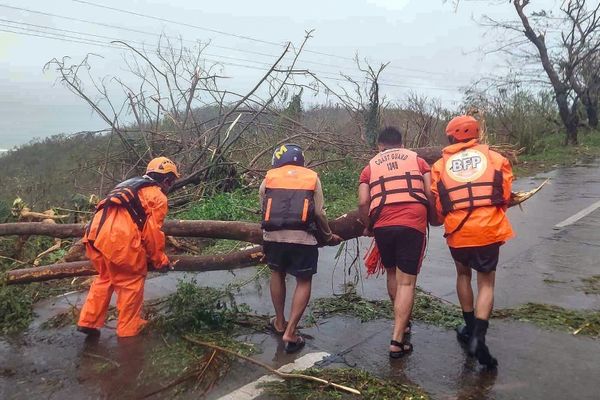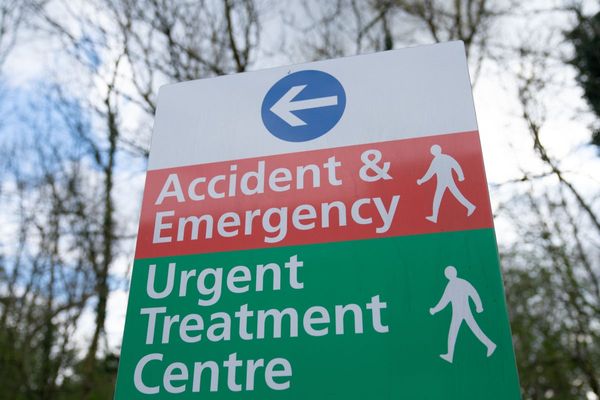
The Union Cabinet, at a meeting chaired by Prime Minister Narendra Modi on Tuesday, approved Rs 3,500 crore for updation of the National Population Register (NPR) that will be carried out with 2021 Census. Ten states have already announced that they will not implement NPR, considered a stepping stone for the controversial National Register for Citizens (NRC).
Here are answers to some key questions on the NPR:
What is National Population Register?
The NPR is a list of “usual residents” of the country, defined as a person who has resided in a local area for the past six months or more or a person who intends to reside in that area for the next six months or more. It is a register having both biometric and demographic details of every resident in India from village to district to state to the national level.
What is required to be part of the NPR?
The Census officer will ask you about names of your parents, your family (wife and children), date of birth, nationality (as declared), present address of usual residence and permanent address, occupation and educational qualifications. It is a self declaration exercise, in which no documents are required.
How does one enrol for the NPR?
From April 1, along with Census household listing exercise, the government will information on a tablet about one’s demographic and biometric data. Having Aadhaar number would help to provide one’s biometric data. Those, who don’t have Aadhaar, can enrol for the 12 digit unique number and give enrollment number to the census officer. All residents have to mandatorily enrol for the register.
How is NPR prepared?
The information provided for NPR will be verified by a local registrar appointed by the state government. Rules are clear on who are India citizens - all those born before 1987, those born between 1987 and 2004, whose at least one parent is an Indian citizen and those after 2004, whose one parent is an Indian citizen and other is not an illegal migrant at time of the birth.
The particulars of individuals, whose citizenship is doubtful, would be marked with “appropriate remarks” by the registrar in NPR and notices will be issued to such persons. A person will be heard by the registrar before taking decision on whether he or she will be part of NPR. The draft local population register will be published for inviting objections. The registrar will consider these objections and will take a final decision. The local population register would be submitted to the district registrar, where a person, whose claim has been rejected, can appeal. If the claim is accepted, the person’s name will be entered in the register with “appropriate remarks” and submitted to the state for the national register.
What will happen if one’s name is not in the NPR?
As NPR is a population register, name of every resident would be there. If it is not there, the person can apply with sub-district level registrar, a level above the local registrar. There is no appeal process against registrar’s order in the NPR and this process is listed for NRC.
What is link between NPR and NRC?
Once NPR is completed, the Census commissioner would notify local registrar for creating a National Register of Citizens (NRC) of India. The registrar will seek information from individuals against whom remarks have been made in the NPR. They would be required to submit documents as sought by the registrar. The Census commission will remove the names of non-citizens for having a national NRC. A person declared as non-citizen can appeal with a “designated authority” within 30 days of the Census commissioner’s order.
Difference between NPR and NRC
In 2011 Census, the NRC was to be a sub-set of NPR, which is a register of usual residents of a country. Unlike the NRC, the NPR is not a citizenship enumeration drive, as it would also include a foreigner staying in a locality for more than six months. After NRC, one would get citizenship card with unique identity number, which would not be the case with NPR.
Can NPR be implemented without help of state governments?
Going by present rules, it would be difficult. The NPR rules require states to notify the local, sub-district and district registrar and appeal authorities. The rules also seek help of municipal and rural local body officials help in conducting the NPR exercise. However, the Centre can get census data collection done by independent agencies but the verification is done by state government officials for authenticity.
How many states have announced not to implement NPR?
Ten states have announced that they will not implement NPR. They are West Bengal, Kerala, Punjab, Andhra Pradesh, Bihar, Odisha, Rajasthan, Chhattisgarh, Madhya Pradesh and Maharashtra. These states have decided against NPR following nation-wise protest against the Citizenship Amendment Act and NRC.
Benefits of NPR
Information and Broadcasting minister Prakash Javadekar said that NPR will help in better implementation of the government schemes as identification of beneficiaries using the NPR data would become easier. The NPR also lists the deprivation levels of individual households in the country. Many state governments use NPR data collected in 2015 to disburse government benefits.
History of NPR
In 2003, the Central government issued the Citizenship (Registration of Citizens and Issue of National Identity Cards) Rules, in which the process for NPR was explained. The data for National Population Register was collected in 2010 along with the house-listing phase of Census of India 2011. The updation of this data was done during 2015 by conducting door to door survey and digitization of the data of 1.17 billion people, which was 97% of the country’s population then. Also, biometric details of 40% of these people have been linked with NPR data. So, the government now has to update NPR and link Aadhaar of the remaining 60% of the population.







